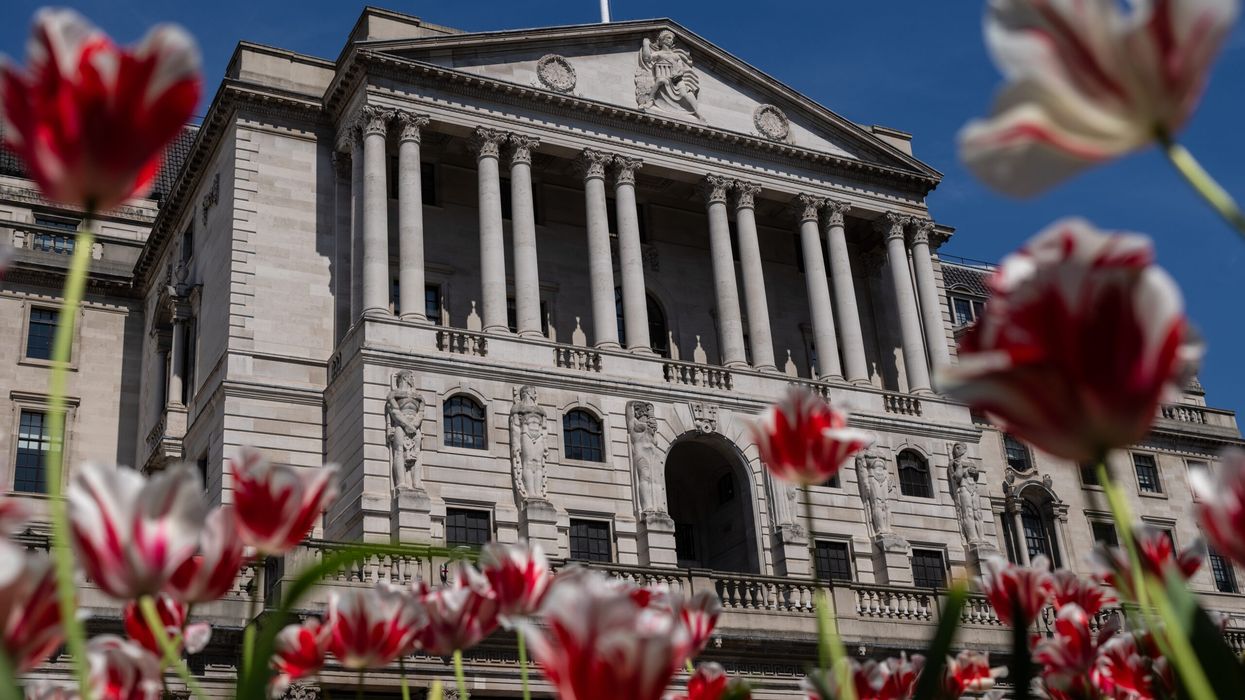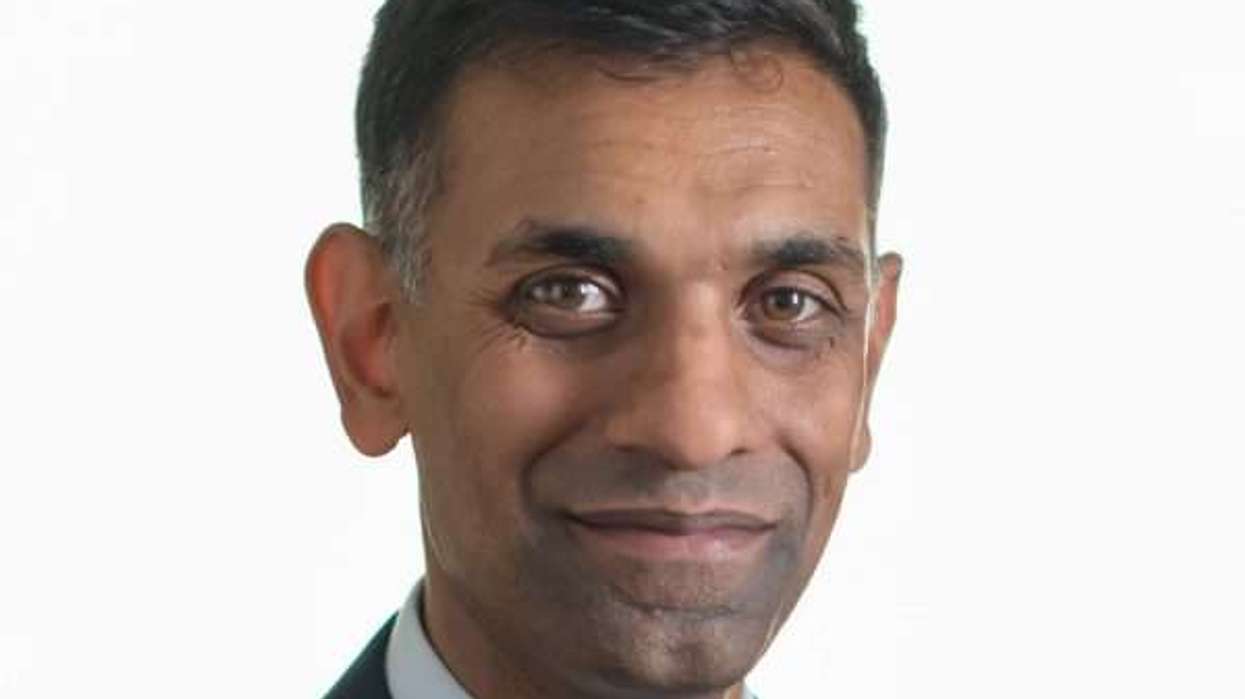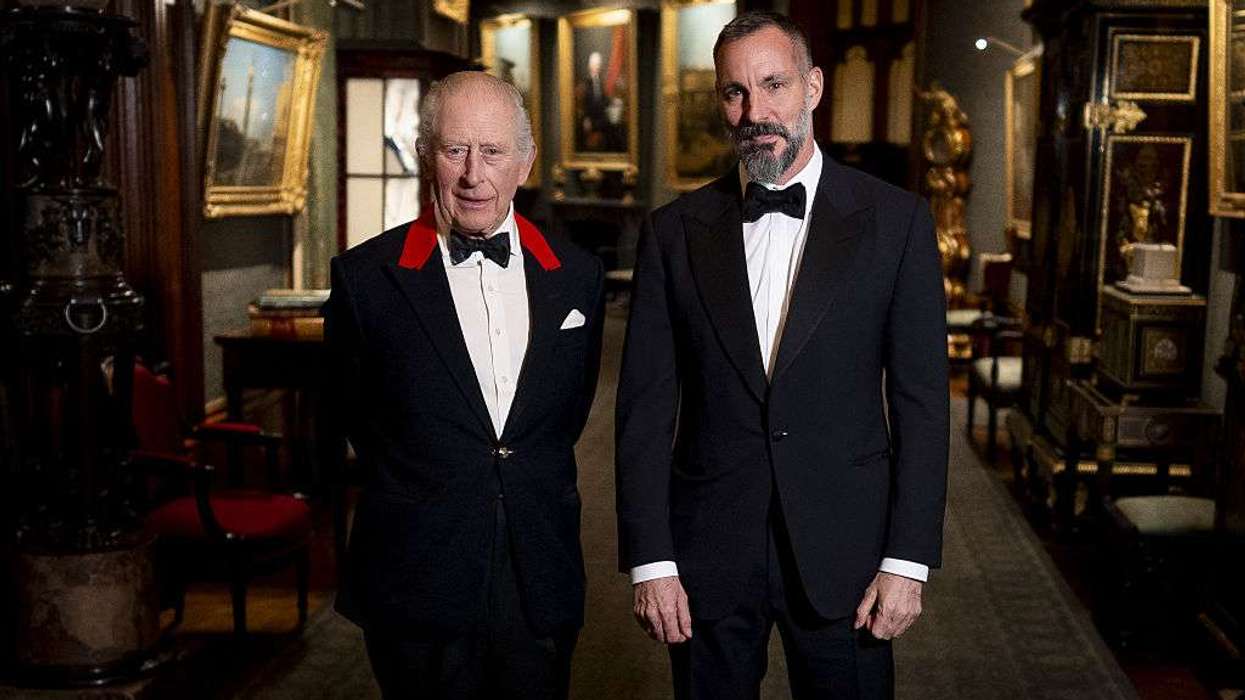THE BANK OF ENGLAND is expected to maintain its interest rate at 4.75 per cent on Thursday, even as the economy shows signs of slowing. Persistent inflation pressures are likely to prompt the central bank to stick to a "gradual" approach before reducing borrowing costs.
A Reuters poll of 71 economists unanimously predicted no change in rates for now. Most anticipate a quarter-point cut on 6 February, followed by three additional cuts by the end of 2025.
Financial markets, however, are less confident about the extent of rate cuts next year. Data released on Tuesday revealed an unexpected rise in wage growth, leading investors to price in only a 50 per cent chance of a rate cut in February and just two cuts by the end of 2025.
In contrast, the European Central Bank has already reduced rates by 1 percentage point this year and is expected to cut another point in 2025, responding to political and economic challenges in the eurozone.
The divergence in rate policies has widened the gap in yields between British and German 10-year government bonds to its largest since 1990.
The US Federal Reserve, which foresees only two rate cuts in 2024, reduced rates by a cumulative 1 percentage point on Wednesday—twice the pace of the Bank of England.
Bank of England governor Andrew Bailey recently reaffirmed the bank's stance, stating that "a gradual approach to removing policy restraint remains appropriate." The bank’s November forecasts showed inflation staying slightly above its 2 per cent target until 2027, based on expectations of four rate cuts next year.
Despite this, the Bank of England has not explicitly confirmed whether it considers this rate-cutting pace the most likely scenario. Economists expect the December policy statement to reiterate the emphasis on gradualism.
An 8-1 vote by the Monetary Policy Committee to hold rates steady is expected, with Swati Dhingra likely to dissent in favour of faster cuts.
Inflation and wage growth concerns
Inflation in Britain remains a key concern. After peaking at 11.1 per cent in October 2022, consumer price inflation fell below the 2 per cent target in September this year but rose to 2.6 per cent in November. This exceeded the Bank of England's forecast of 2.4 per cent and remains the highest rate among G7 economies.
Services price inflation, a metric closely monitored by the Bank of England for medium-term pressures, stayed at 5 per cent.
Meanwhile, wage growth reached 5.2 per cent in the three months to October, far above the 3 per cent level considered consistent with 2 per cent inflation by most Monetary Policy Committee members.
The Bank of England is also assessing the impact of chancellor Rachel Reeves’ decision to introduce an additional £25 billion in employment taxes. This could either lead to further price increases or result in job and pay cuts.
Business sentiment has declined since the budget announcement on 30 October, with economic output contracting for two consecutive months for the first time since 2020. However, economists say it is too early to determine if this slowdown will significantly ease inflation.
"We don't think there is enough in the data to shift the MPC from its cautious, gradual tone," said Cathal Kennedy, an economist at RBC. He added that new forecasts at the Bank of England’s February meeting would play a critical role.
(With inputs from Reuters)




